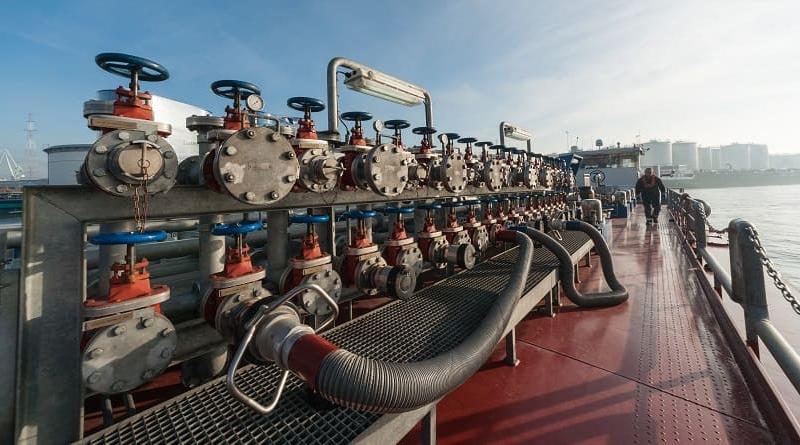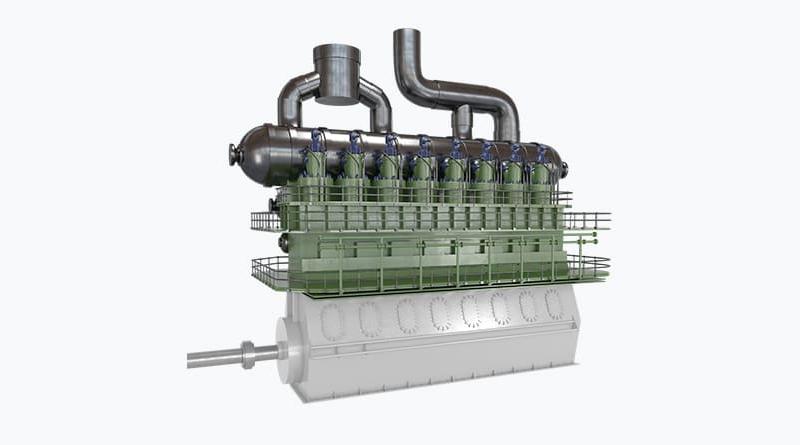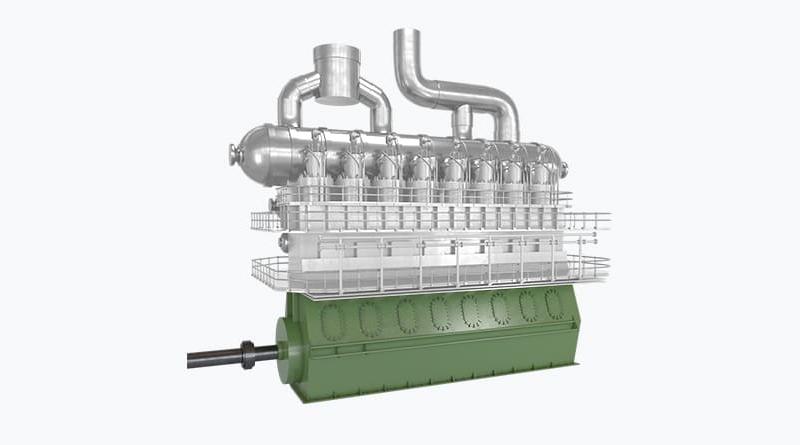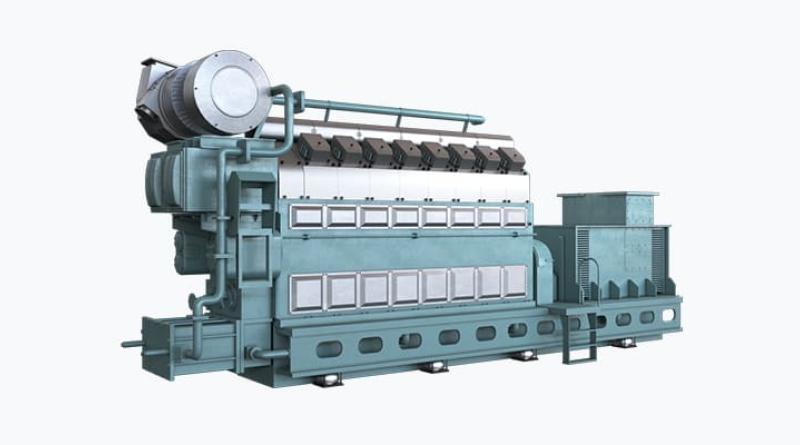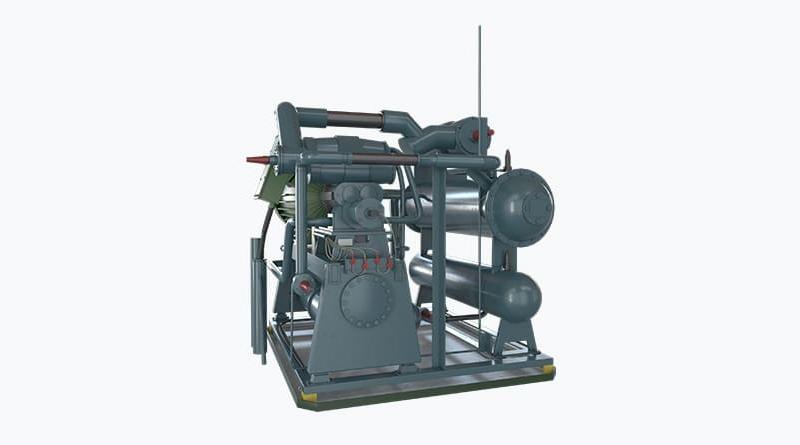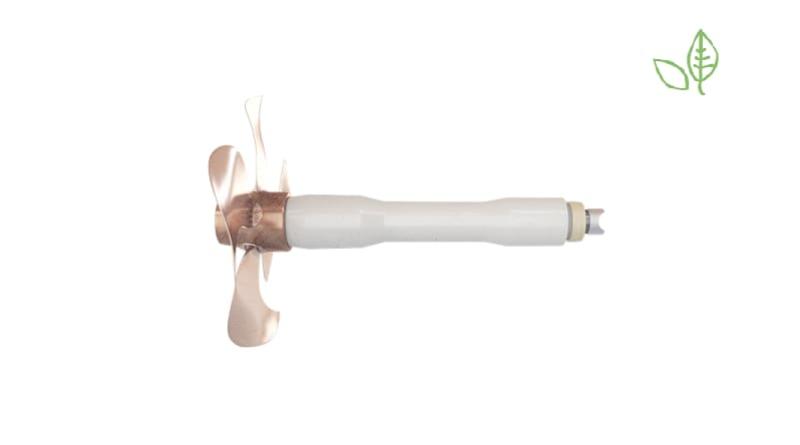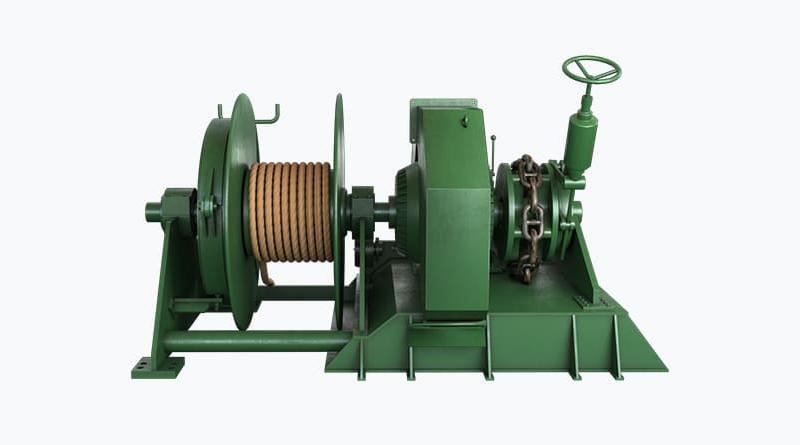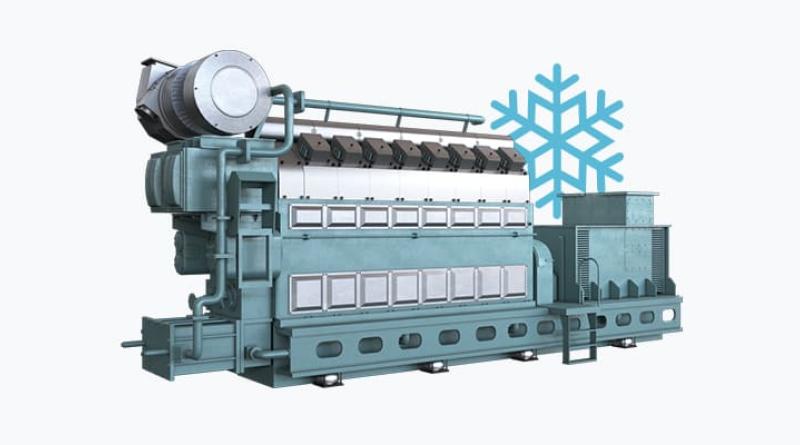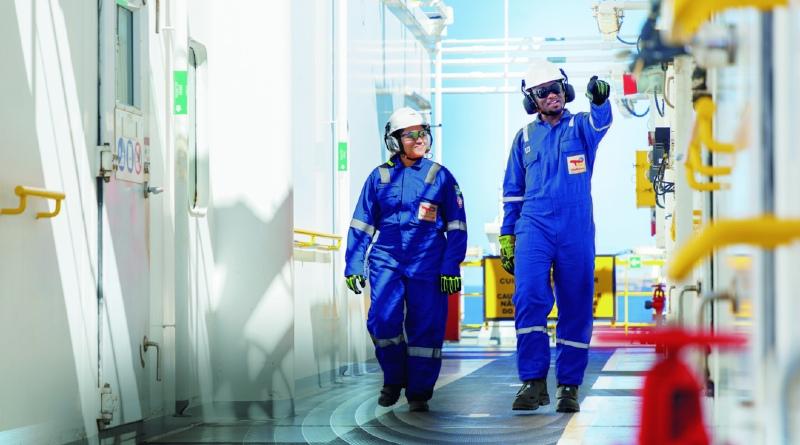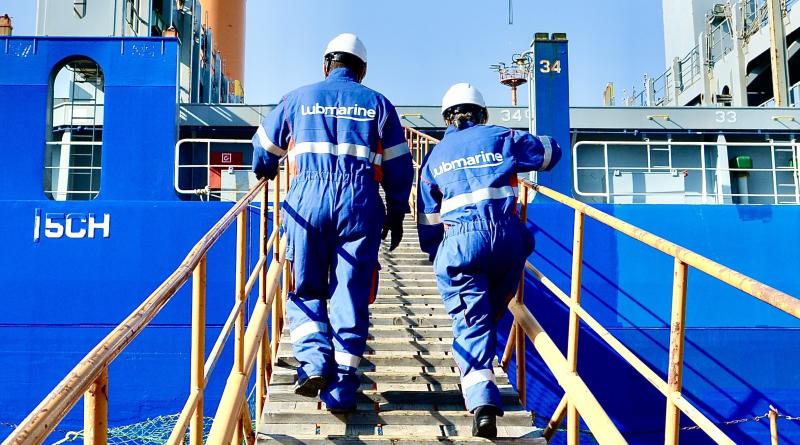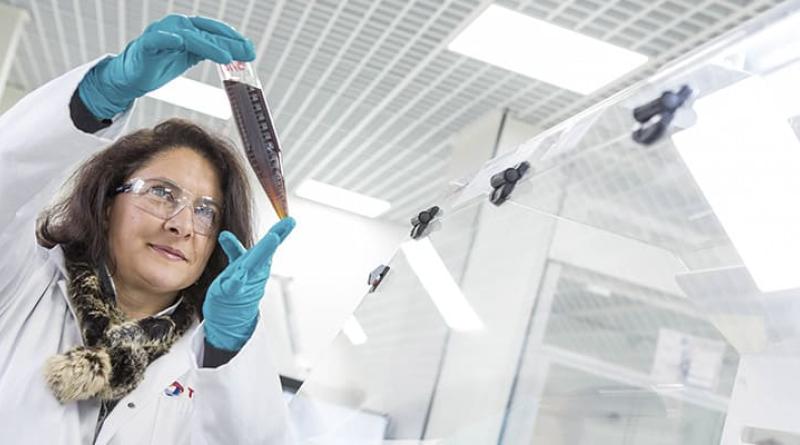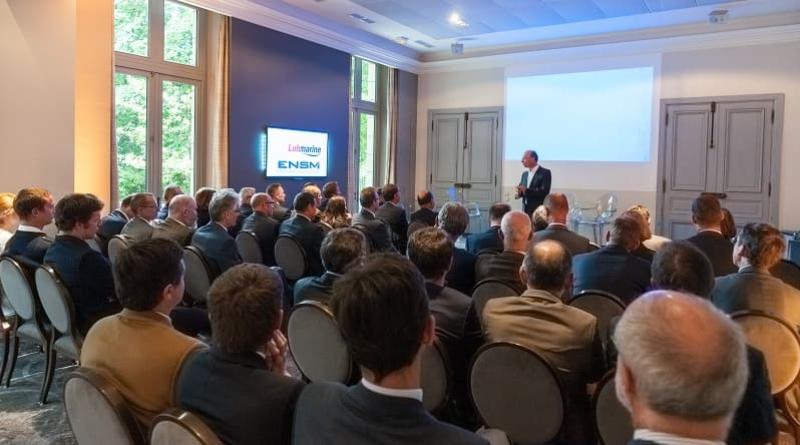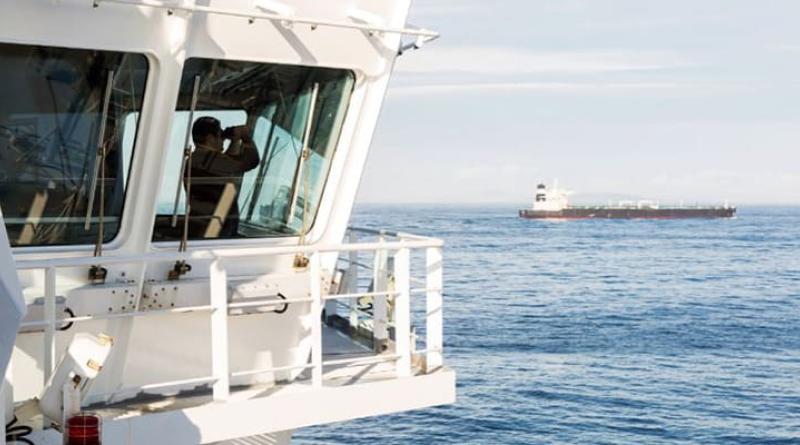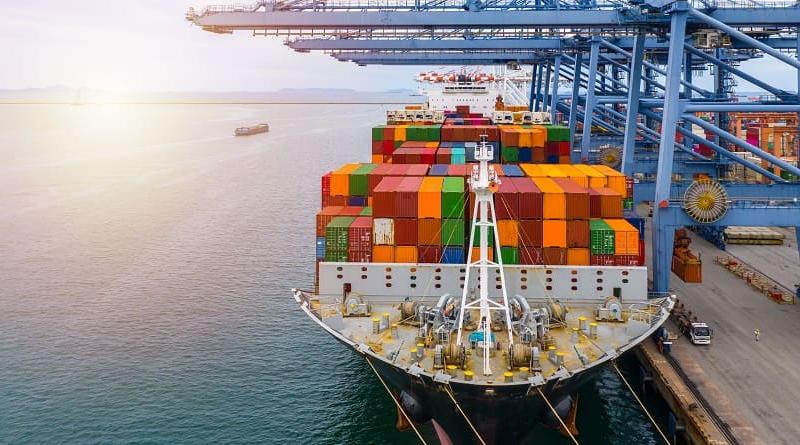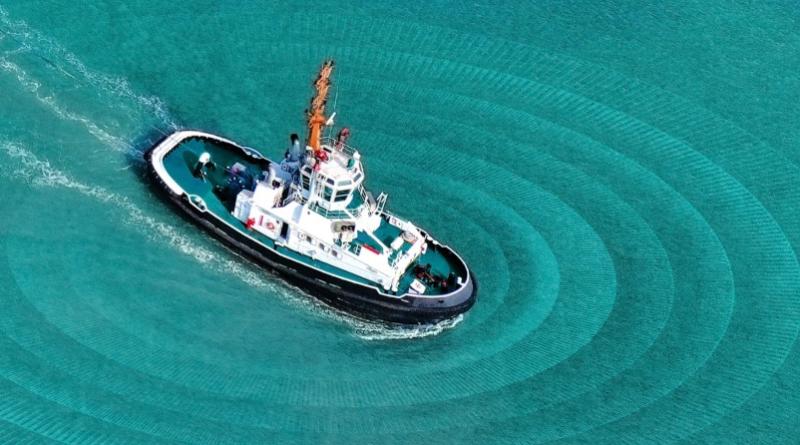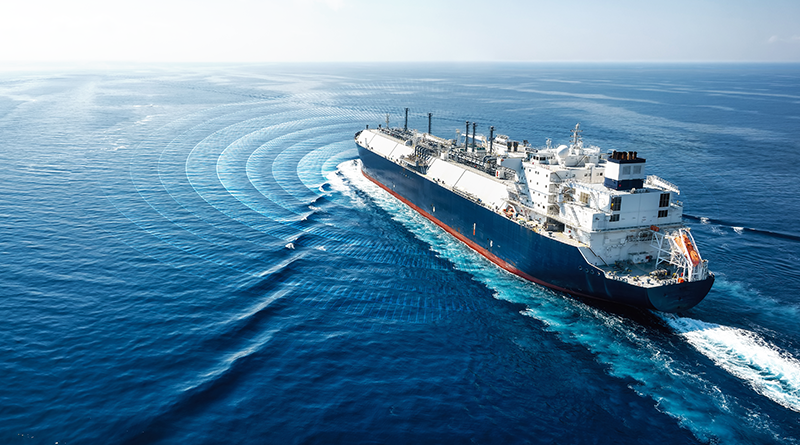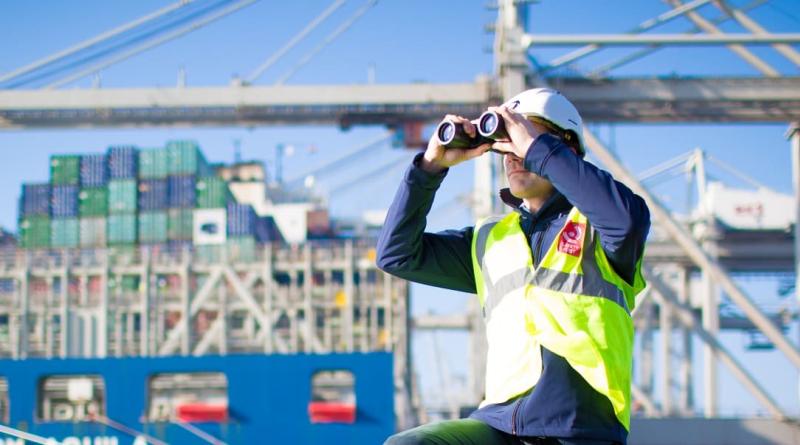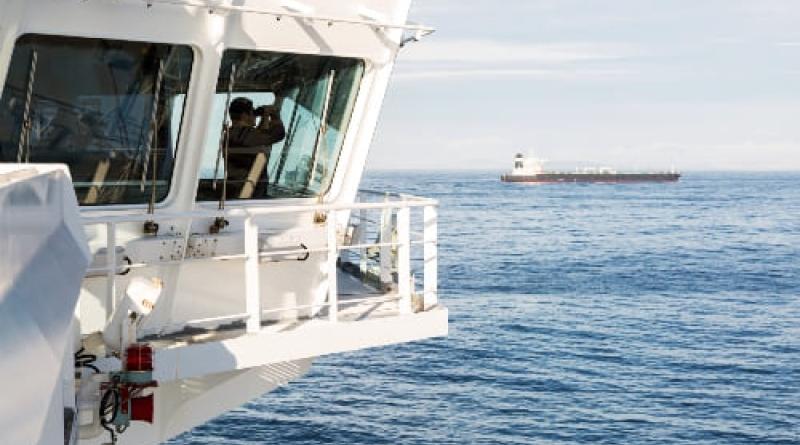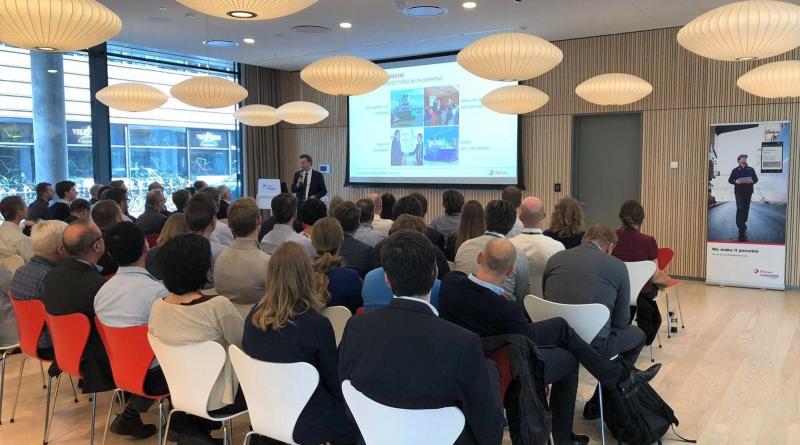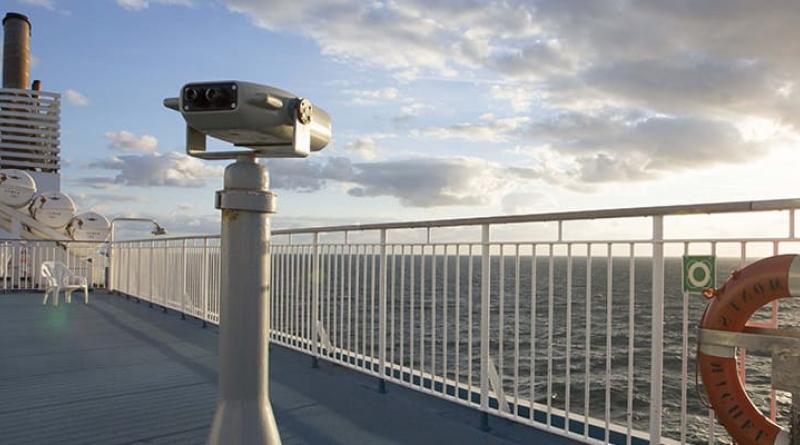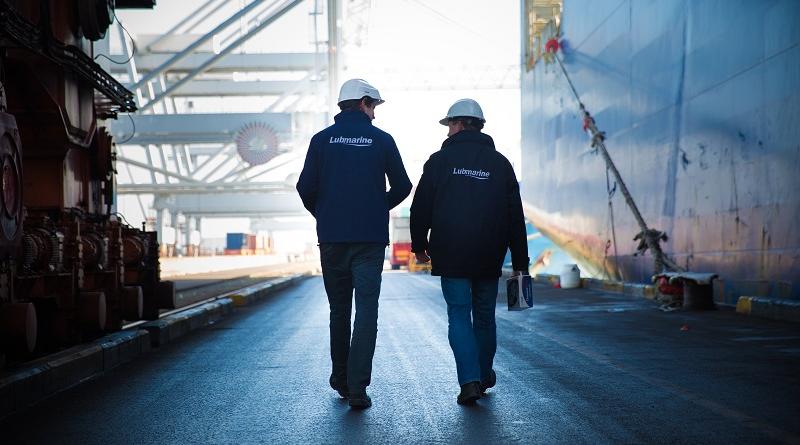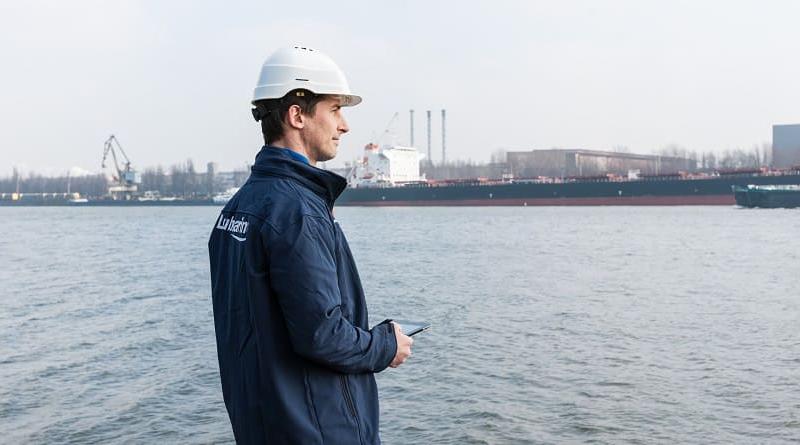Educating the Maritime Future
Since 2004, Lubmarine has partnered with six leading maritime academies to provide financial assistance to over 150 students through merit and need-based scholarships, sporting events and training seminars. We also support marine engineers' learning by supplying marine lubricants for a range of training institutions' test engines and equipment.
Our experts regularly visit partner institutions and deliver seminars and training on the latest marine lubrication issues, trends in two and four-stroke engines, the outlook for the shipping markets and the implications of the latest environmental regulations.
Since the change in Emission Control Area (ECA) regulations in January 2015, ships entering ECAs have to change from using Heavy Fuel Oil (HFO) to fuel with a sulfur content of less than 0.1%, necessitating an adjustment of the ships’ engine lubrication. Failure to do so carries a real risk of loss of propulsion. The fuel and lubricant change process entails tasks for the entire crew of a ship and makes understanding of engine lubrication critical. Cadet officers need a detailed level of training on lubricant related issues.
Three members of Lubmarine’s Americas team returned to the U.S Merchant Marine Academy (USMMA) where they trained as cadets to deliver a lecture encompassing modern cross-head diesel engines, system and cylinder lubrication, drain oil analysis program and Environmentally Acceptable Lubricants (EALs). The lecture was delivered to two classes totaling 85 senior cadets, all with a year’s sea-time spent serving on arrange of ships. We take a keen interest in cadets’ knowledge of lubrication, especially once they have completed some sea-time as this is often indicative of the emphasis that ship operators place on engine lubrication training.
A survey of the students, expecting to graduate, revealed that while lubrication was thoroughly covered as a topic by the USMMA:
- 78% received no practical lubricant training while at sea,
- 95% of the cadets could not remember or were never told the key base numbers (BN) of the cylinder oils used on their vessels,
- 53% did not know who their vessels’ lubricant providers were.
This is indicative of a general need for ship operators to provide more lubrication training, practically reflected by nearly a quarter of the cadets commenting on issues they observed aboard their vessels during their year at sea – cylinder liner problems, contaminated sump tanks, generator lubricant issues, and stern tube lubricant contamination.
The need for more attention to be paid to lubricant training is not limited to a particular sector of the shipping industry – cadets consulted spent up to a year at sea with companies operating vessels in almost every conceivable sector of the industry including tanker, dry bulk, passenger, container and Ro-Ro.
Given these circumstances, we consider it vital to continue raising awareness of lubrication at all levels of the maritime sector, from delivering lectures to marine cadets to sending our marine lubricant engineers on-board both customer and prospective customer vessels to enhance the understanding of engineers and officers and impress upon them the importance of training cadets entrusted to their care.
We are committed to furthering the lubrication knowledge of marine officers of the future around the world through our Maritime Academic Support Programme (MASP).
Maritime Academic Support Program (MASP)
Since 2004, Lubmarine has partnered with six leading maritime academies to provide financial assistance to over 150 students through merit and need-based scholarships, sporting events and training seminars. We also support marine engineers' learning by supplying marine lubricants for a range of training institutions' test engines and equipment.
Our experts regularly visit partner institutions and deliver seminars and training on the latest marine lubrication issues, trends in two and four-stroke engines, the outlook for the shipping markets and the implications of the latest environmental regulations.

L'École Nationale Supérieure Maritime (ENSM), France
With campuses in Le Havre, Nantes, Marseilles and Saint-Malo, L'ENSM delivers intensive on-shore and sea-going experience for a future french merchant navy career.
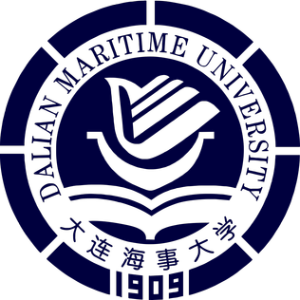
Marine Engineering College, Dalian Maritime University, China
Dalian Maritime University, through its network of 13 colleges and schools, provides a shipping industry focus through a multi-disciplinary academic instruction.
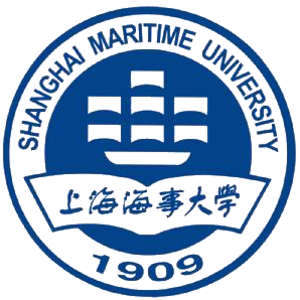
Merchant Marine College, Shanghai Maritime University, China
Maritime University, through its six fields of study, is one of the leading universities in China with a special emphasis on shipping technology, economics and management.
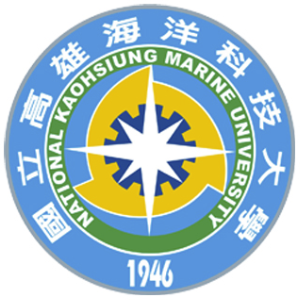
National Kaohsiung Marine University, Taiwan
National Kaohsiung Marine University (NKMU) is a renowned research university that prepares students for a successful career in the shipping industry.
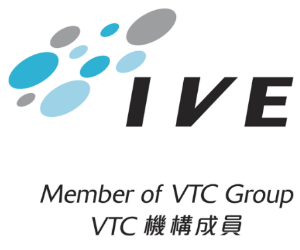
Institute of Vocational Education (IVE), Vocational Training Council, Hong Kong
IVE is the leading vocational education provider that teaches the most up-to-date knowledge to equip students with competencies for later professional success.
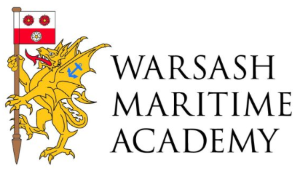
Warsash Maritime Academy, Solent University, Southampton (UK)
With a rich blend of knowledge and skills, Warsash School aims to leave graduates well-equipped for careers in the maritime business, design and engineering.


